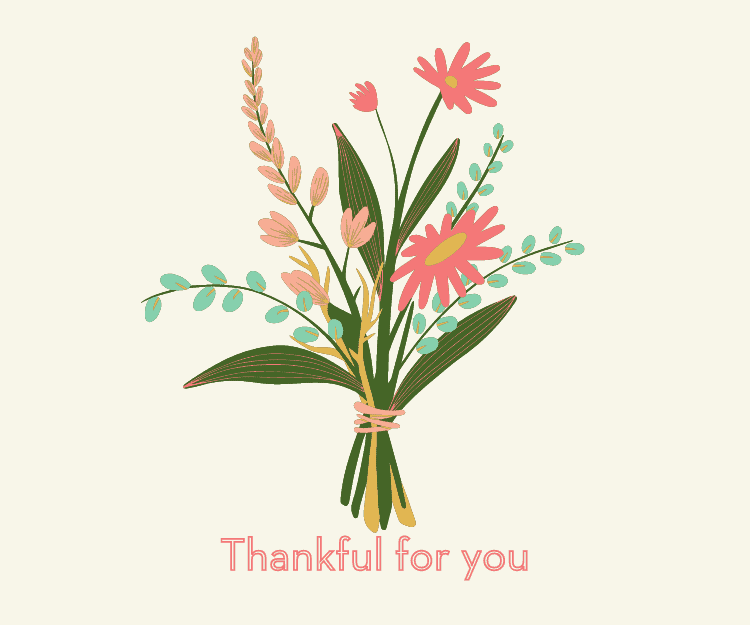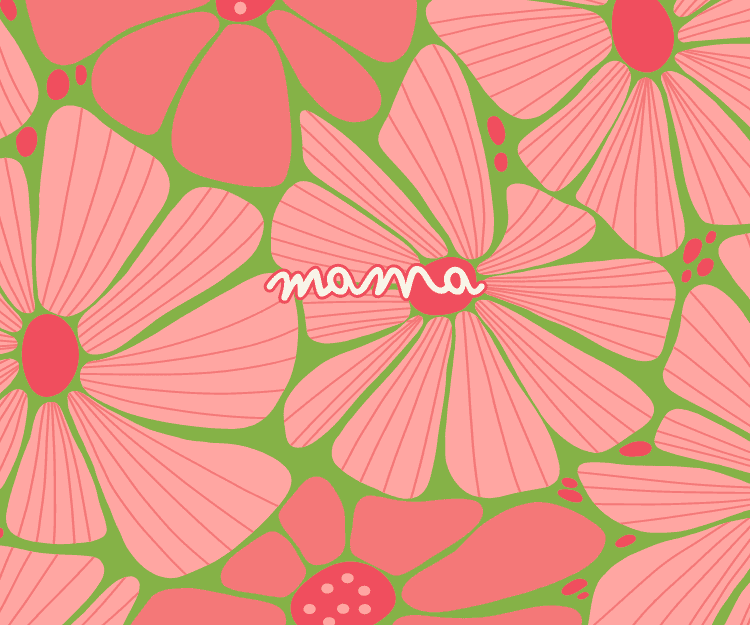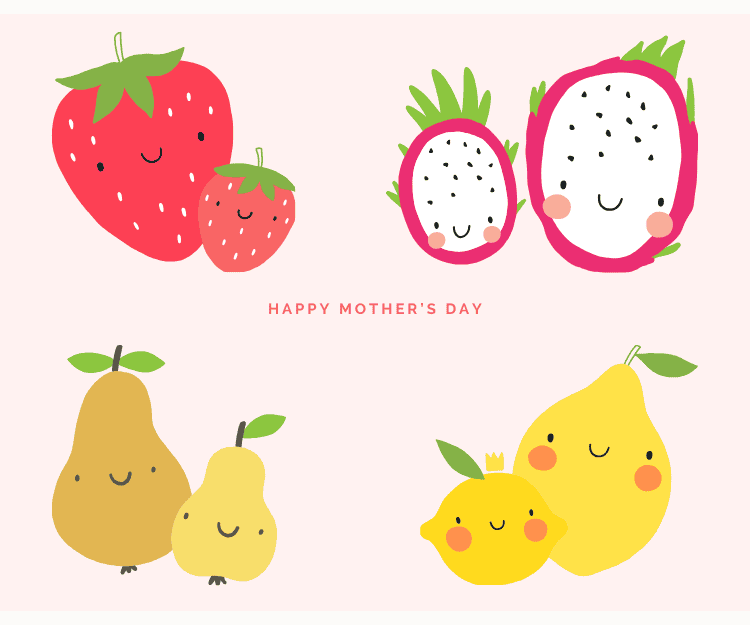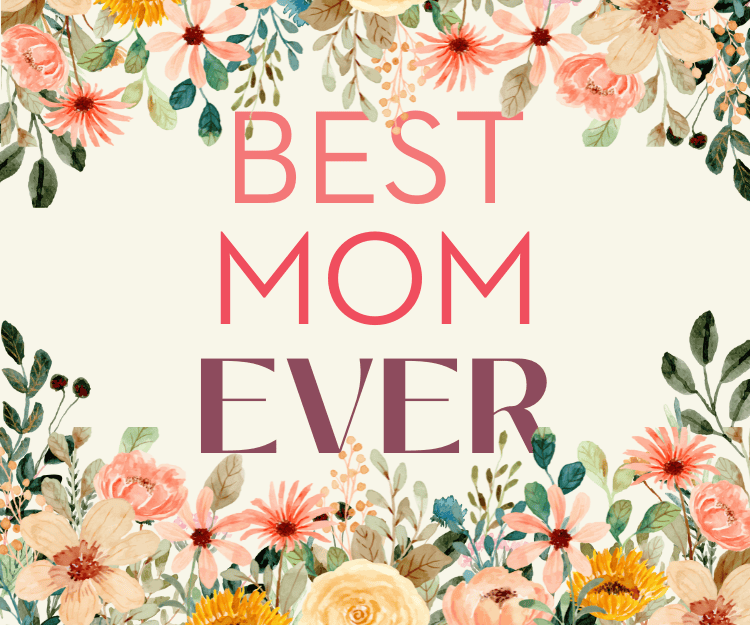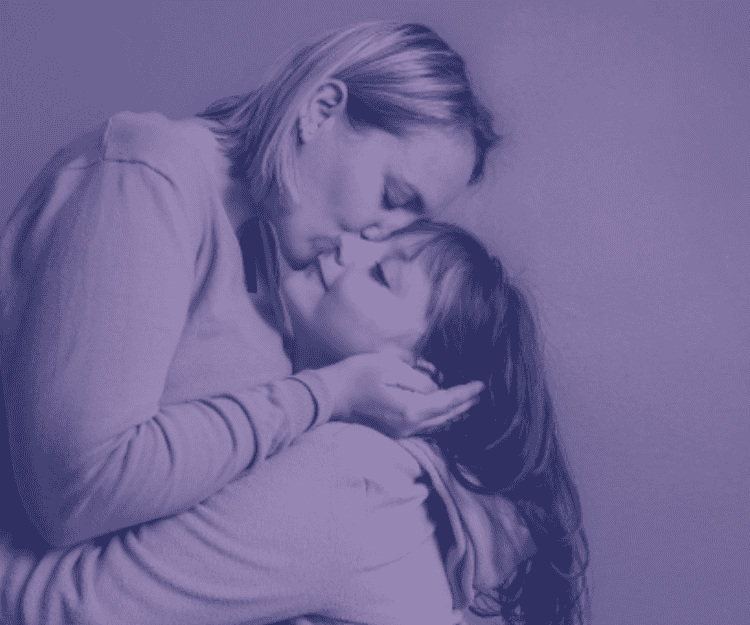Mother’s Day 2024 in Canada
Count Yourself In to Support Mothers and Caregivers on May 12
It’s time we bring Mother’s Day back to its social action roots. Here are two ways to count yourself in for gender justice on behalf of mothers and caregivers:
1. Donate and Send a Mother’s Day Ecard
Your gift will help uplift mothers and caregivers by supporting gender justice programs throughout Canada, as well as advocacy and policy actions to make things better for mothers and caregivers.
2. Take the Mother’s Day Survey
Our annual survey elevates the voices of mothers and caregivers and brings awareness to the experiences and challenges YOU face as a mother or caregiver.
How is Mother’s Day Linked to Advancing Gender Equality?
Did you know Mother’s Day celebrations began as a day for women to come together and take action for peace, equality, and justice after the devastation of the American Civil War?
While modern Mother’s Day celebrations tend to focus on gifts, flowers, and brunches, there are many reasons to reconnect with the social action roots of this day and consider the barriers that mothers and caregivers continue to face.
Diverse Mothers and Caregivers Face Multiple Intersecting Barriers
Mothers and caregivers are the backbones of our homes, communities, and workplaces. Yet they aren’t receiving the support they need. In Canada:
- The vast majority of child and elder care work is unpaid.
- Paid care work jobs are held primarily by women, a high percentage of whom are racialized and immigrant women making low wages.
- Single mothers face some of the highest rates of poverty.
- Mothers face a “motherhood penalty” when it comes to work and pay advancement.
- Mothers and caregivers come up against financial and housing barriers that put them at risk of abusive relationships and gender-based violence.
- There are deeper challenges for mothers and caregivers who face barriers like racism, ableism and inadequate support for children with special needs, immigration status, homophobia and transphobia, and being a single parent.

